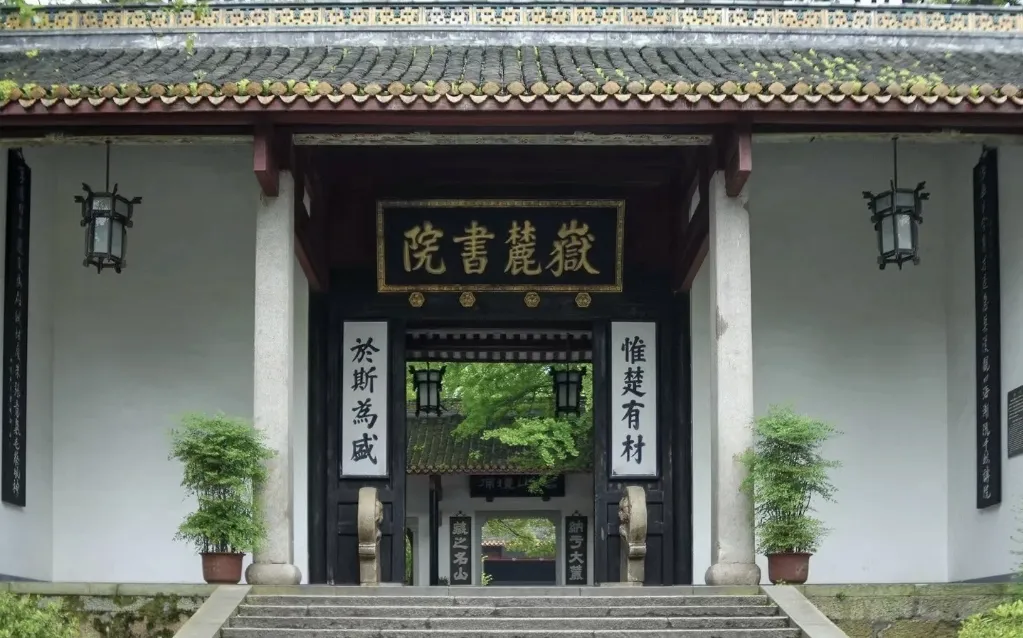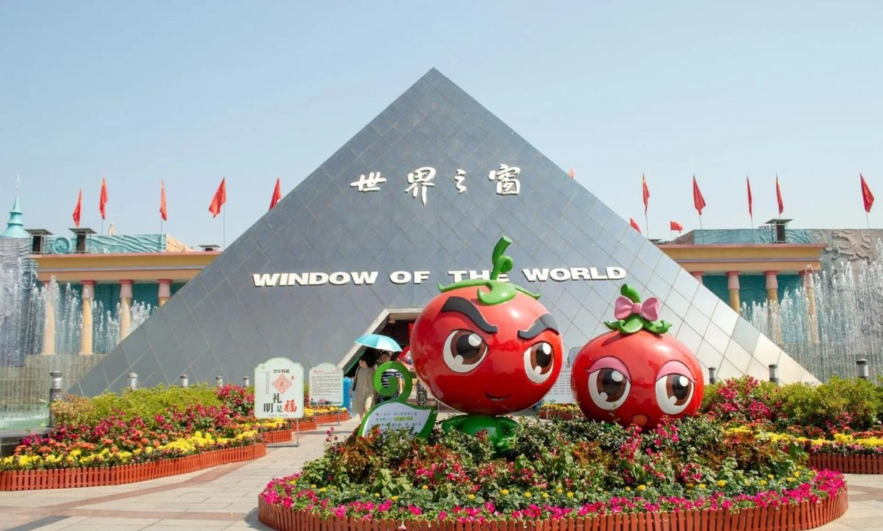Introduction: A Glimpse into Yuelu Academy’s Legacy
Nestled at the foot of Yuelu Mountain in Changsha, Yuelu Academy stands as one of China’s oldest and most respected institutions of learning. Founded during the Song Dynasty, this historic site has witnessed centuries of cultural evolution and educational development. Today, it remains a symbol of scholarly tradition and architectural beauty. For travelers and history enthusiasts alike, exploring Yuelu Academy offers a unique opportunity to connect with China’s intellectual past. This article delves into the rich history, architecture, cultural significance, and modern relevance of this iconic landmark.
The Origins of Yuelu Academy
Yuelu Academy was established in 976 AD by two local officials, Zhu Dong and Li Yun. Their vision was to create a center for Confucian learning that would serve both scholars and the wider community. Over time, the academy grew in prominence, attracting students from across the country. Its early success laid the foundation for its enduring legacy. The academy’s original mission was to promote moral education and classical scholarship. These values continue to influence Chinese academic thought today.
Historical Milestones
– **976 AD:** Founding of Yuelu Academy
– **1015 AD:** Emperor Zhenzong of Song grants imperial recognition
– **1897 AD:** Modernization efforts begin under reformist leadership
– **1926 AD:** Becomes part of Hunan University
These milestones reflect the academy’s adaptability and resilience through changing dynasties and political systems.
Architectural Beauty and Design
The physical structure of Yuelu Academy is a testament to traditional Chinese architecture. Built using wood and stone, the campus features symmetrical layouts, courtyards, and intricate carvings. Each building serves a specific function, from lecture halls to libraries and dormitories. The central axis aligns with feng shui principles, emphasizing harmony between nature and human activity. Walking through the academy grounds feels like stepping into a living museum of design and craftsmanship.
Key Structures Within Yuelu Academy
- Main Hall: Used for major ceremonies and lectures
- Library: Houses rare manuscripts and historical records
- Garden Courtyard: A space for reflection and informal study
- Memorial Hall: Honors influential scholars and alumni
These structures not only serve practical purposes but also preserve the aesthetic traditions of ancient China.
Educational Philosophy and Curriculum
From its inception, Yuelu Academy emphasized moral cultivation and classical learning. The curriculum focused on Confucian texts, poetry, calligraphy, and philosophy. Students were expected to internalize these teachings and apply them in governance and daily life. Unlike modern universities, which emphasize specialization, Yuelu Academy promoted a holistic approach to education. This philosophy shaped generations of leaders and intellectuals in Chinese society.
Core Subjects Taught at Yuelu Academy
| Subject | Description |
|---|---|
| Confucian Classics | Study of Analects, Mencius, and other foundational texts |
| Poetry and Literature | Emphasis on classical forms and expressive writing |
| Calligraphy | Developed discipline and artistic expression |
| History | Focus on Chinese dynastic cycles and governance |
This well-rounded curriculum helped shape ethical and capable scholars.
Influence on Chinese Intellectual Thought
Throughout its long history, Yuelu Academy played a crucial role in shaping Chinese intellectual life. It became a hub for philosophical debates and literary innovation. Many prominent scholars studied or taught here, contributing to national discourse on ethics, politics, and culture. The academy’s emphasis on critical thinking and moral responsibility influenced broader educational trends in China. Even today, its legacy can be seen in modern university curricula and research initiatives.
Notable Alumni and Scholars
- Zhang Shi (1133–1180): Prominent Neo-Confucian philosopher
- Wang Fuzhi (1619–1692): Influential thinker during the Ming-Qing transition
- Cai E (1882–1916): Revolutionary leader and military strategist
These individuals carried the academy’s values beyond its walls, impacting national and global events.
Preservation and Cultural Heritage
Recognizing its historical importance, the Chinese government has taken steps to preserve Yuelu Academy. Restoration projects have ensured that its buildings remain structurally sound while maintaining their original character. Museums and exhibitions within the academy showcase artifacts, scrolls, and paintings from different eras. These efforts help educate visitors about the academy’s contributions to Chinese civilization. In addition, guided tours and digital archives make the site accessible to a global audience.
Conservation Challenges
Despite preservation efforts, Yuelu Academy faces several challenges:
- Urban expansion threatens surrounding landscapes
- Aging infrastructure requires ongoing maintenance
- Balancing tourism with academic use can be difficult
Collaboration between historians, architects, and local authorities is essential to protect this heritage site for future generations.
Modern Role and Academic Integration
Today, Yuelu Academy is more than just a historical monument—it plays an active role in higher education. As part of Hunan University, it continues to offer programs rooted in traditional scholarship while embracing modern research methods. Students can pursue degrees in classical studies, philosophy, and cultural heritage management. This blend of old and new ensures that the academy remains relevant in contemporary academic circles. It also attracts international scholars interested in Chinese intellectual traditions.
Current Academic Offerings
- Undergraduate programs in Classical Chinese Studies
- Graduate research in Traditional Philosophy
- Summer exchange programs for international students
These programs help bridge the gap between ancient wisdom and modern inquiry.
Tourism and Visitor Experience
Yuelu Academy is a popular destination for both domestic and international tourists. Its serene atmosphere and historical significance draw thousands of visitors each year. Guided tours provide insight into the academy’s past and its role in Chinese history. Visitors can explore the gardens, lecture halls, and exhibition spaces while learning about the lives of past scholars. Photography, quiet reflection, and cultural appreciation are encouraged throughout the grounds.
Visitor Tips
| Tip | Details |
|---|---|
| Best Time to Visit | Spring or autumn for mild weather |
| Dress Code | Modest clothing recommended |
| Entry Fee | Included in Yuelu Mountain park admission |
Planning ahead enhances the overall experience and allows for deeper engagement with the site.
Conclusion: Preserving a Legacy for Future Generations
Yuelu Academy represents more than just a place of learning—it embodies centuries of intellectual pursuit, cultural identity, and architectural excellence. From its founding in the Song Dynasty to its integration with modern academia, the academy has remained a beacon of knowledge and tradition. Its influence extends beyond education, touching literature, philosophy, and national consciousness. As we look to the future, preserving sites like Yuelu Academy becomes increasingly important. Supporting conservation efforts, promoting academic research, and encouraging responsible tourism will ensure that this historic gem continues to inspire generations to come.



